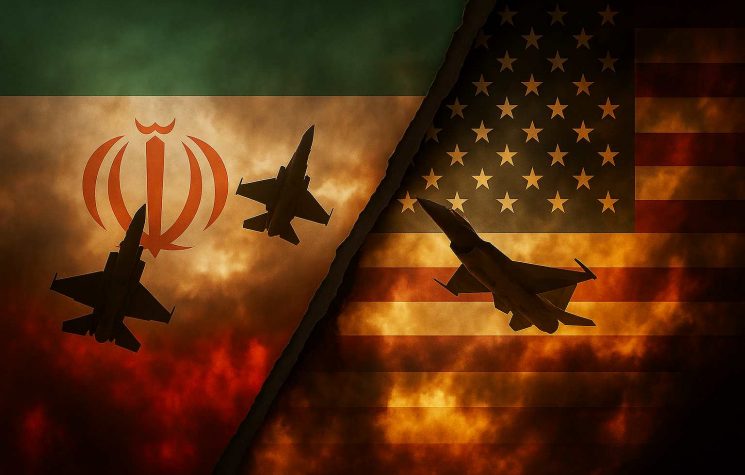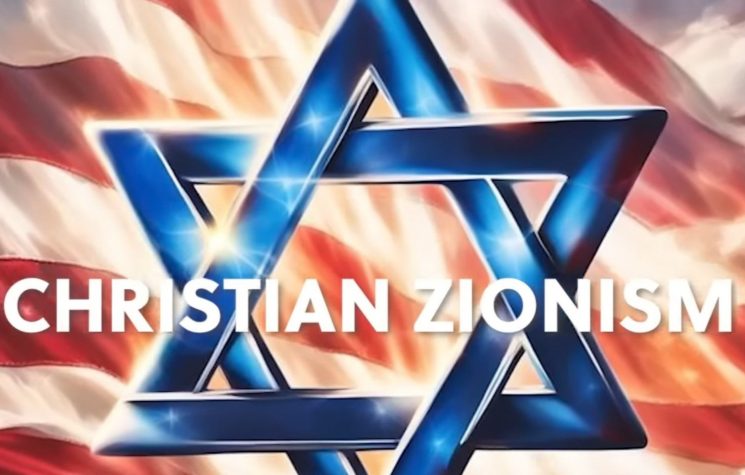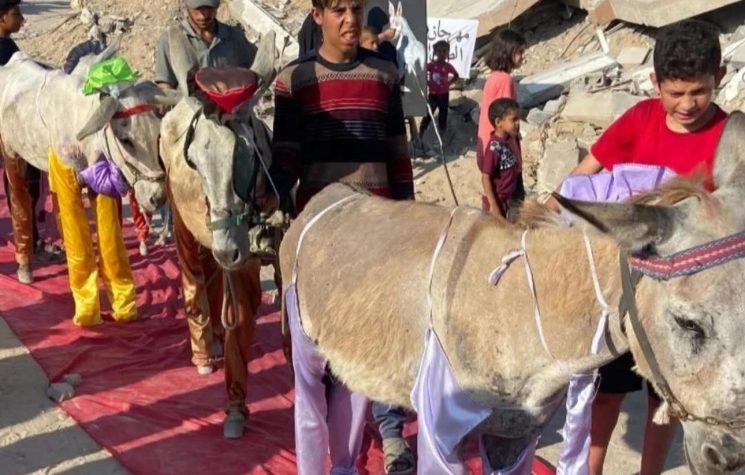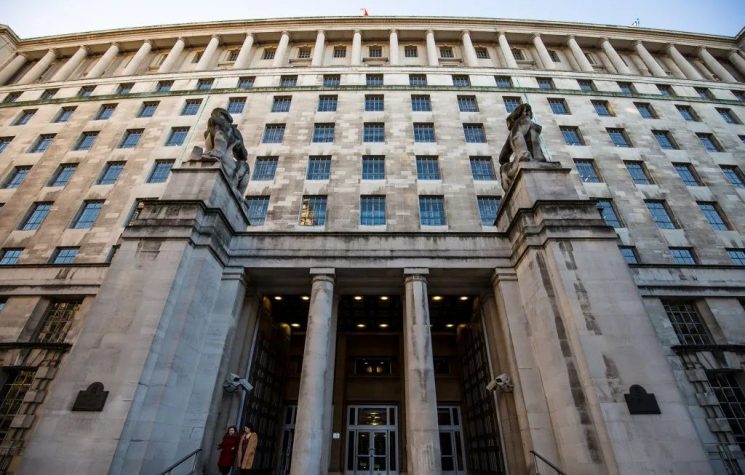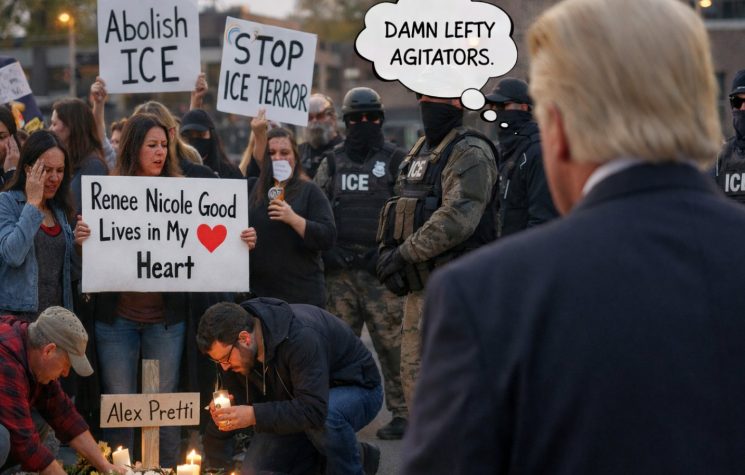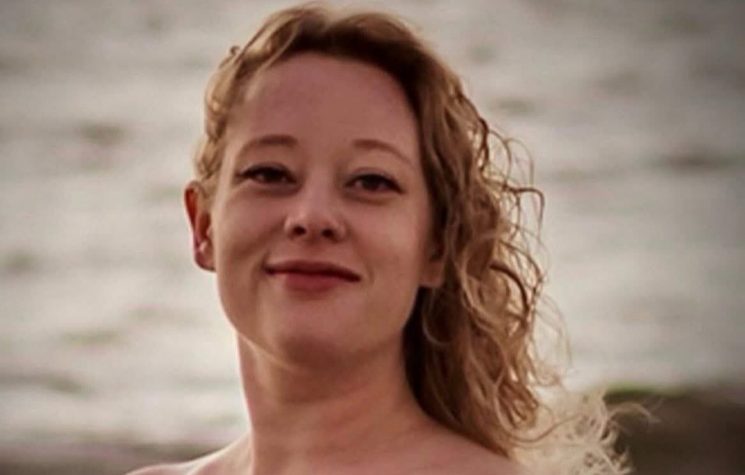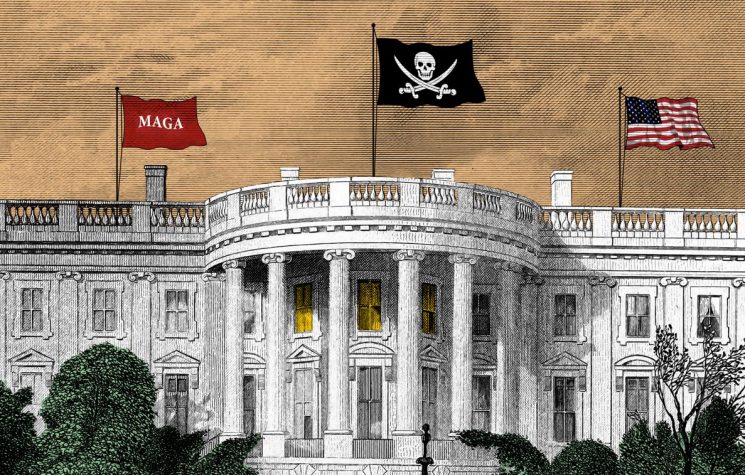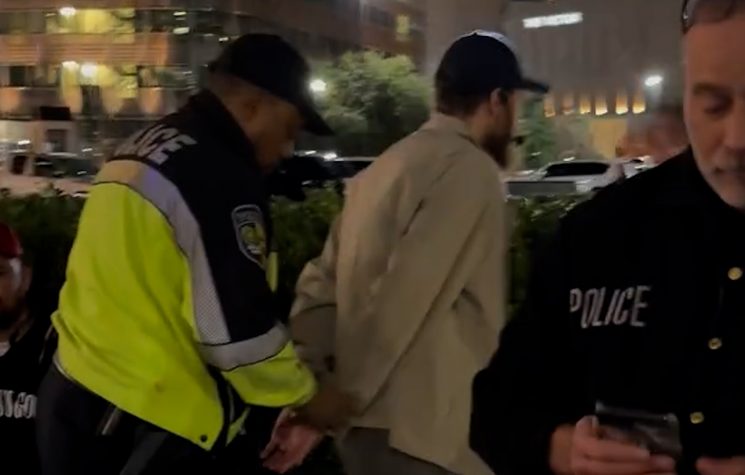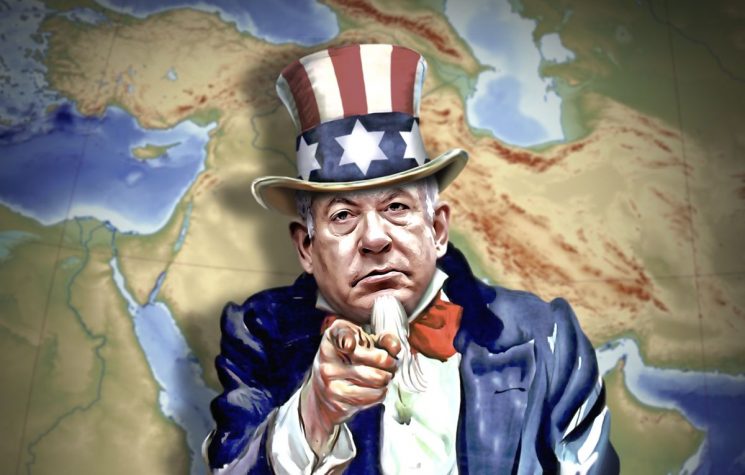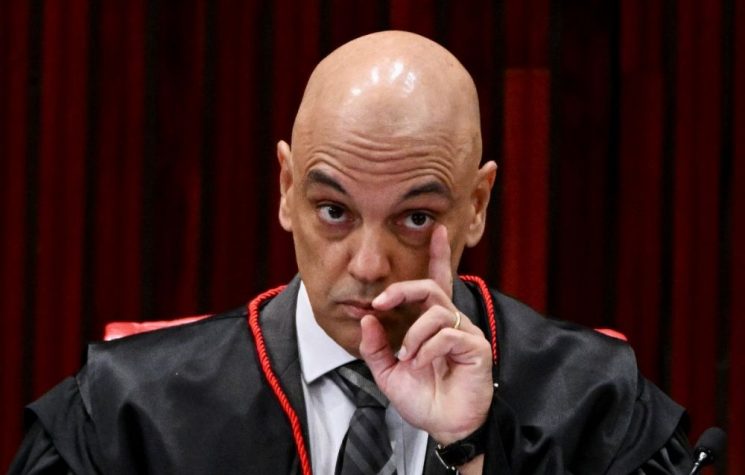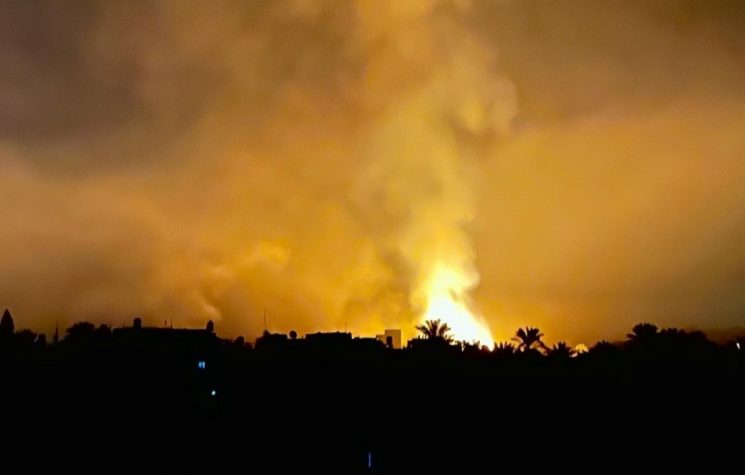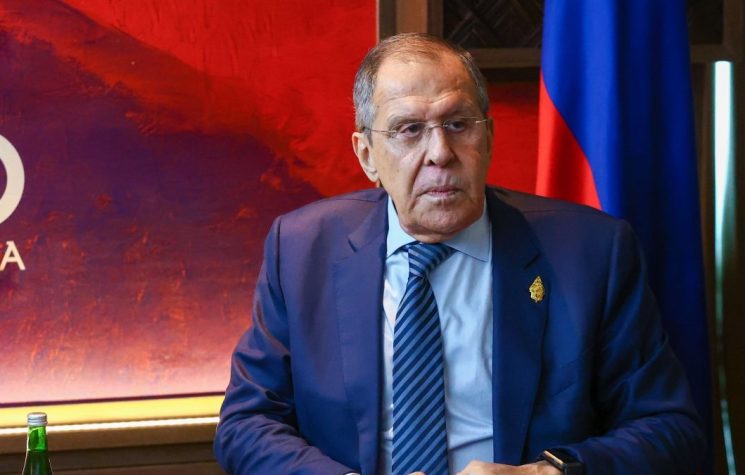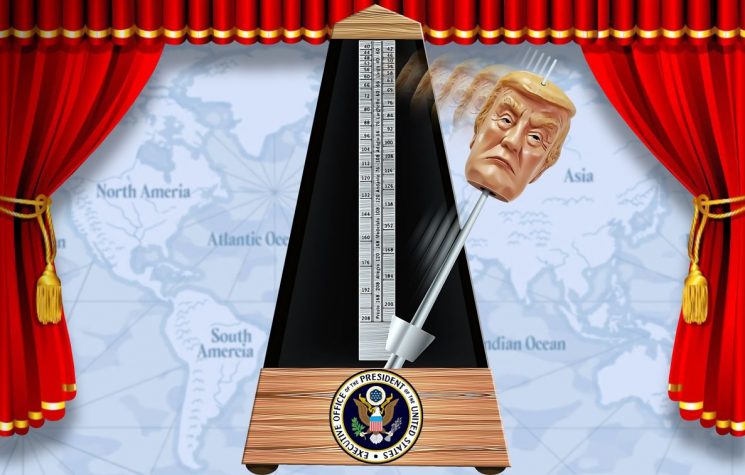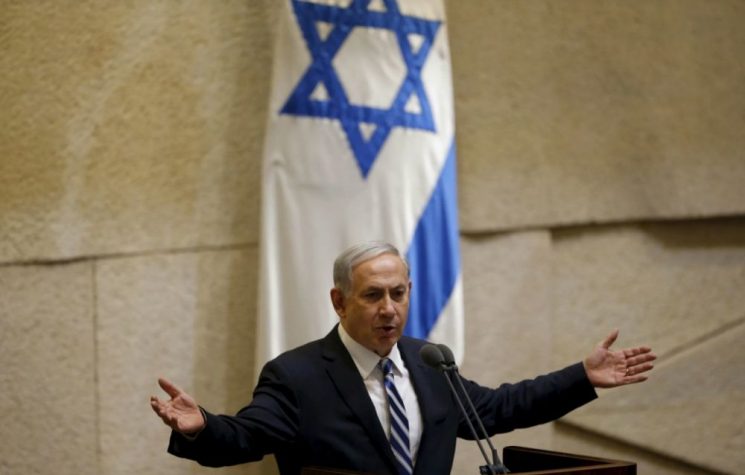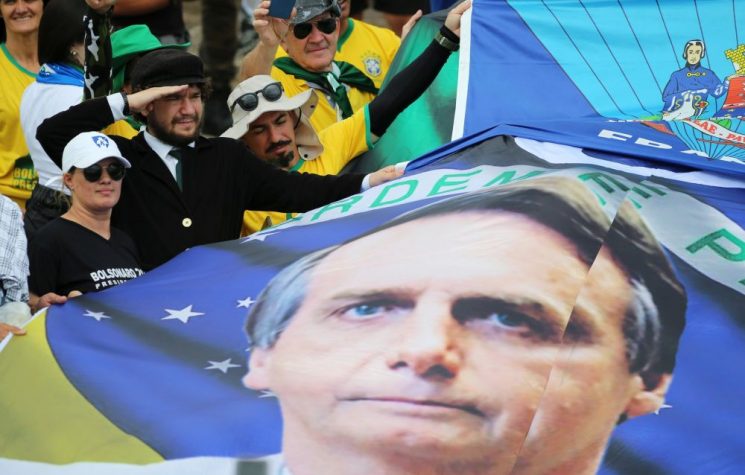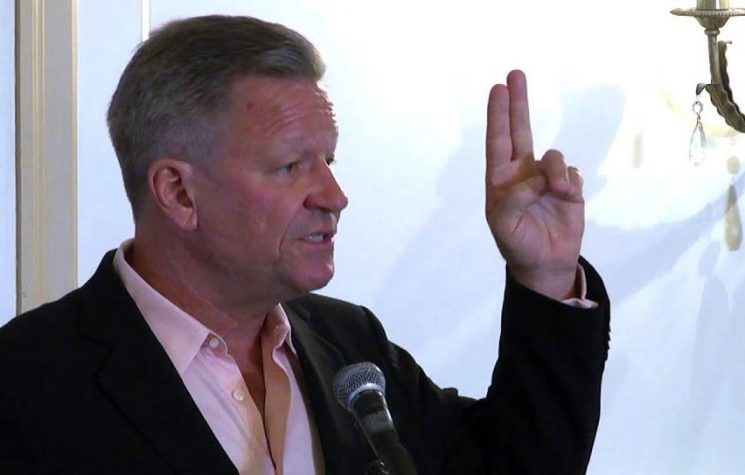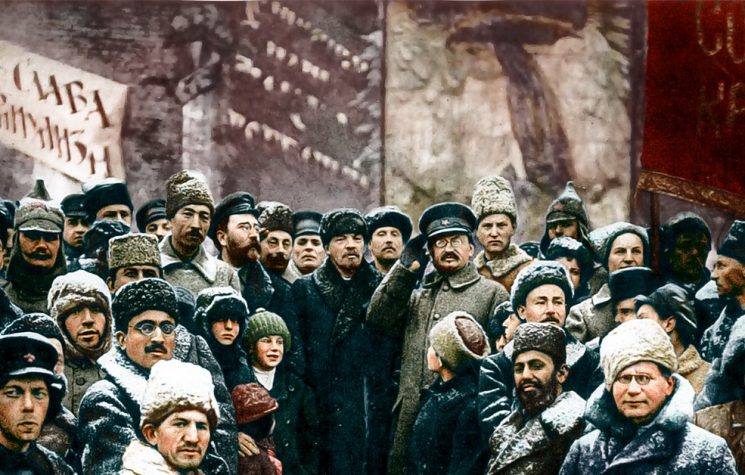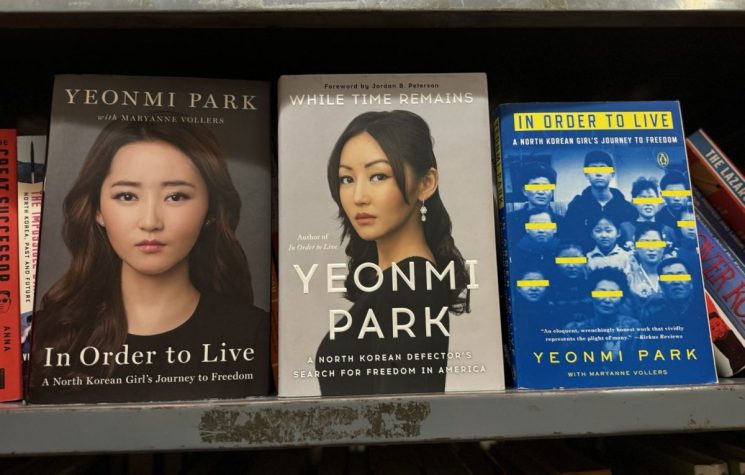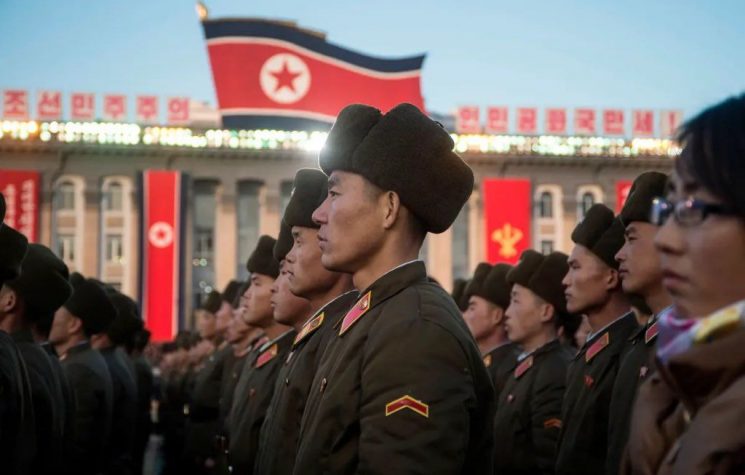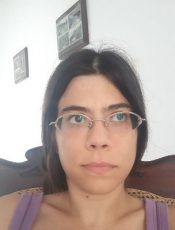Both the pandemic and the massacre in Gaza have shown the rise of the independent “expert,” who has no connection to any solid institution.
Join us on Telegram![]() , Twitter
, Twitter![]() , and VK
, and VK![]() .
.
Contact us: info@strategic-culture.su
On October 7, 2023, when Hamas carried out the Al-Aqsa Flood operation, I was an opinion columnist for a right-wing Brazilian newspaper. That same day, I saw that the issue would not be removed from the agenda any time soon. All the politically involved people were taking a pro-Israel or pro-Palestine position, and there was no sign of peace in the short term. I understood that I was in a tight spot: I would have to give my opinion on a complex subject that I had never studied before.
Luckily for me, I also had a doctorate in philosophy and had enough academic training to navigate through academic references. It was not difficult to find out that the greatest historiographical authority on the subject was called Ilan Pappé, and that his magnum opus was The Ethnic Cleansing of Palestine, from 2006, fortunately published in Brazil. I read the book, learned about the historiographical controversies and easily picked a side.
This was my choice, as I generally prefer history to social science. I also found out that the greatest expert on Gaza is the social scientist Norman Finkelstein. I haven’t read his book on the subject, but the simple information that Norman Finkelstein is the sociological authority on the subject of “Gaza” is valuable. I paid attention to his interviews and learned important things, such as the fact that Gaza had a higher population density than Tokyo. It’s impossible to bomb a place like that and then blame Hamas for using human shields…
Most journalists and columnists don’t have much training in humanities. This shouldn’t be a problem; after all, being a journalist is one thing and an academic researcher is another. Journalists report on a wide range of subjects without being virologists, economists, political scientists or historians. Of course, journalists can specialize in covering a certain type of subject, but a science journalist is not even a doctor, much less a scientist. A science journalist stands out from the rest in two ways: he has a knowledge of the subject that is superior to his colleagues and he cultivates good sources.
That’s the thing: to learn about Gaza, or the war between Israel and Palestine, or any type of complex subject that does not require factual investigation, journalists usually consult an “expert.” For a long time, the expert was a university professor; at best, an experienced professional, like a doctor who went on TV to answer health questions.
Both the pandemic and the massacre in Gaza have shown the rise of the independent “expert,” who has no connection to any solid institution. The media anoints influencers who, at best, have a connection to an NGO. During the pandemic, it was a horror show. Here in Brazil, Dr. Luana, who was ultimately more of a singer than a doctor, continues to be treated as an “expert” to this day. Pfizer had a group of influencers who were heard as experts, and the main one (Átila Iamarino) had a doctorate from USP (University of São Paulo). However, the USP professor who was his advisor (Paolo Zanotto) was opposed to the innovative “vaccines” that had been developed over the course of months. When Prof. Zanotto gained the spotlight for getting close to the government, he was treated like a wild beast by the media and (what is worse) faced institutional persecution. The overall picture of the pandemic shows that, even when there are academic credentials, the legitimacy of the “expert” is given by the press. The universities have been nullified.
Let us return to the coverage of Gaza. Israel has existed since 1948 and was founded by the paramilitary groups that gave rise to its army (the IDF). Its historiography has existed since the 1980s, when historians began to publish works based on the archives recently opened by the IDF. Historical research took the place of the myth of independence forged by the paramilitaries. According to the myth, Israel, like David, faced the Goliath of the Arab League. The cause of the war of independence was the anti-Semitism of the Arabs, who could have committed a second Holocaust if Israel did not defend itself. The opening of the archives, however, has shown that the story was quite different. Today, even Zionist historians in Israel (led by Benny Morris) will say that there was an expulsion of 700,000 Palestinian civilians from their homes and that the Arab League was far from being a Goliath.
This fully consolidated academic knowledge does not reach the mainstream media. On the internet and on TV, we hear the refrain that there is an age-old conflict between Arabs and Jews, so that the chaos in the Middle East is simply normal. Guys from Stand With Us with academic credentials are heard as experts, but experts with academic credentials superior to those guys from Zionist NGOs do not get anywhere near TV.
It is said that universities are taken over by the left, and it is true. This only makes things even more intriguing, because if the left, throughout the West, was mostly in favor of the Covid hysteria, the same cannot be said of the Zionist cause. The leftism of academia was not able to make the media anoint a “expert” on the Middle East who was pro-Palestine. Quite the opposite: throughout the West, Zionist organizations and lobbyists do everything they can to repress students and coerce professors. The same transnational foundations that finance academic wokism and greatly help to distort the university are also concerned with combating “anti-Semitism.” (This article is not the appropriate place to develop this subject, but to frame the issue, I will simply mention that the Ford Foundation has been interfering in Brazilian university research since the 1960s and has even changed the student selection process, lobbying for the creation of racial quotas.)
Thus, what the coverage (or rather, cover-up) of the massacre in Gaza shows is that international agents (NGOs such as Stand With Us and companies such as Pfizer), through their profusion of influencers, have taken the place of the university as the spokesperson for knowledge. First, they destroyed them from within; then, they took their place. This is a risk to national sovereignty, since these transnational agents have the power to tell society, and even the government, what the established truth is. It is necessary to rebuild the university, as well as truly national research centers.










